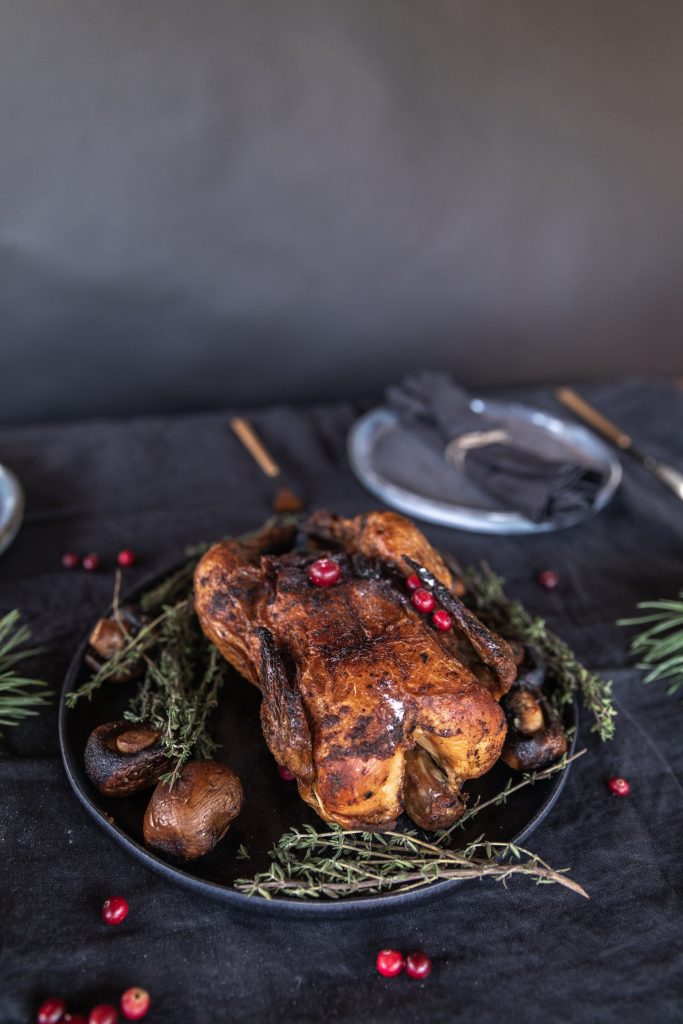It’s November, and the holiday season is upon us. For a lot of us, the holidays mean large family gatherings or holiday parties. Everyone expects joy and cheer. But for some of us, the holiday season is less of a happy celebration and more of a daunting reminder. Families don’t always understand how mental health can affect us, and instead of feeling safe and loved, we feel anxious or depressed through November and December. When the entire world seems to think you should be celebrating, it’s hard to tell people that you feel the exact opposite. Many of us put on fake smiles and pretend we’re having the time of our lives, and it’s draining. No one should have to hide their emotions because of others’ expectations.

A major reason people can seem distant during the holidays is because of loss. Whether because of a death of a loved one or family ties that have been cut, many see the holidays as a reminder of who they have lost. It can be hard and lonely, especially when most media puts an emphasis on spending time with family. When coping with loss around this time of year, it is important to remember our loved ones or our chosen families. I lost my grandmother during the holidays one year. Sometimes, I have to take a break from all the celebrating to remember her. Try making a plan for whatever holiday you celebrate, even if it’s something small. Make a new tradition for yourself and the people you care about. Most importantly, let yourself feel. Don’t hide your emotions.

Another reason the holidays can be stressful is because of big gatherings. This stress point is even more prominent this year because of the pandemic. Many of us don’t do well when constantly surrounded by others. The noise and constant small talk can be severely overwhelming. This can also be combined with family pressures and expectations. It can be suffocating, and you feel like it’d be too rude to take a break from it all. But a break might be just what you need. Personally, when it gets overwhelming, I like to go for short walks just to get some fresh air. If large groups are overwhelming, try to excuse yourself for a little bit. It can be something simple like a walk or putting something away. Your mental health is more important than missing a bit of the celebrations.

People have a tendency to pretend like nothing goes wrong during winter holidays. They see it as a time where everyone should be happy and good. Unfortunately, for some, the holidays can trigger past trauma. Whether it’s a specific tradition or just the time of year, people have a tendency to brush off triggers around the holidays. It can be hard to avoid these triggers because they seem to be everywhere, and you can’t control others’ celebrations; so it can be incredibly important to plan ahead. A common trigger that can be unavoidable is fireworks. New Year’s Eve (and July 4th in America) can be really difficult for veterans, and there’s no guaranteed way to avoid fireworks because the sound can carry. If you know you have a holiday trigger and can prepare for it, it can help to have a plan. If you’re unsure of any holiday triggers, look into coping mechanisms, such as breathing exercises, and look into support groups and other mental health resources for advice for handling them.
This time of year can be a rough time for a lot of us. It’s important to learn how we can plan our holidays in ways that protect our mental health. And remember, it’s okay to not be constantly cheerful during it.
Written by Megan